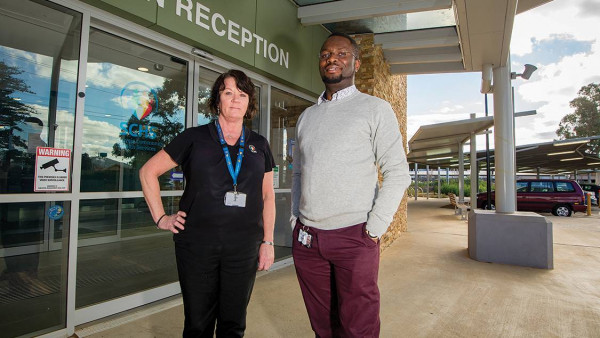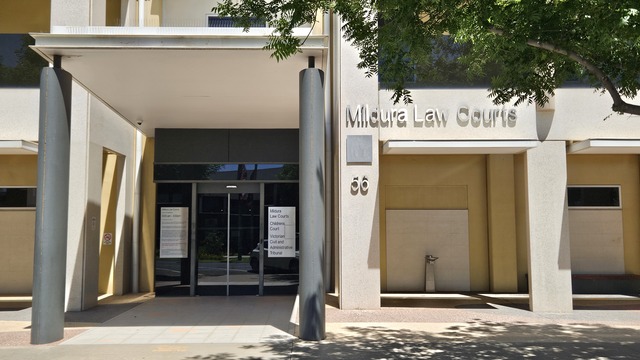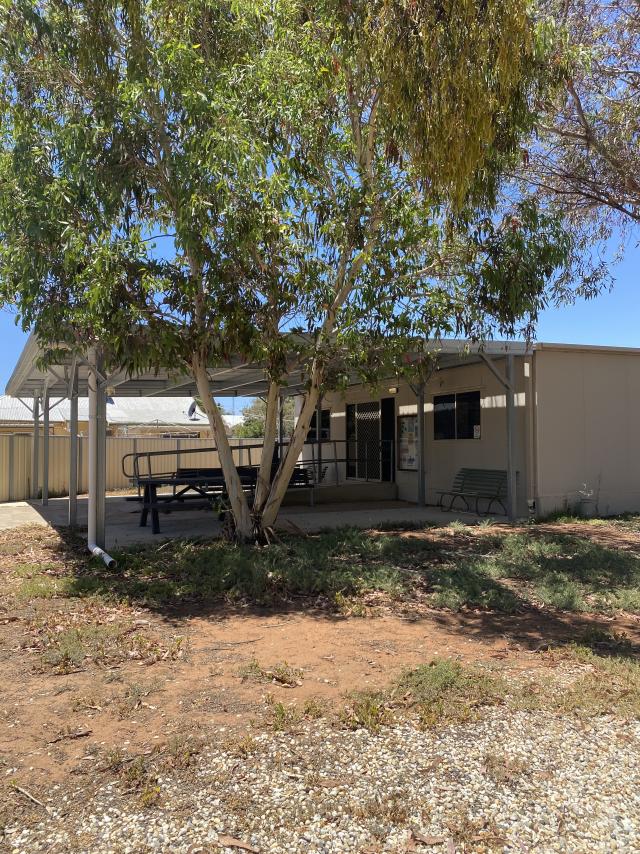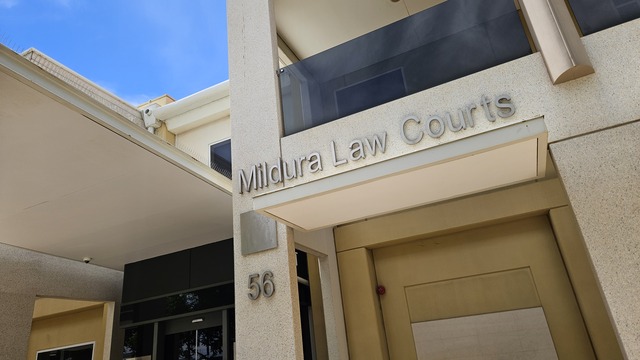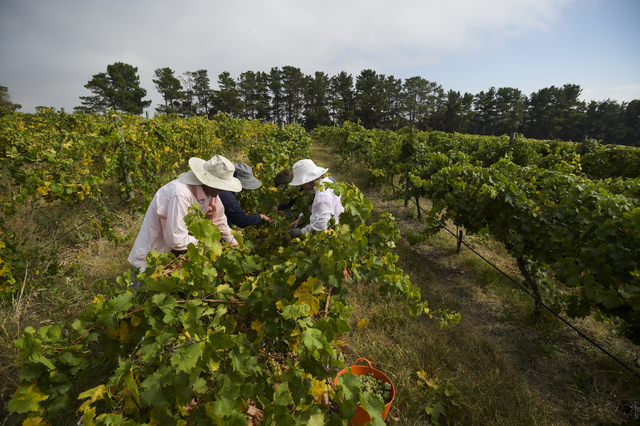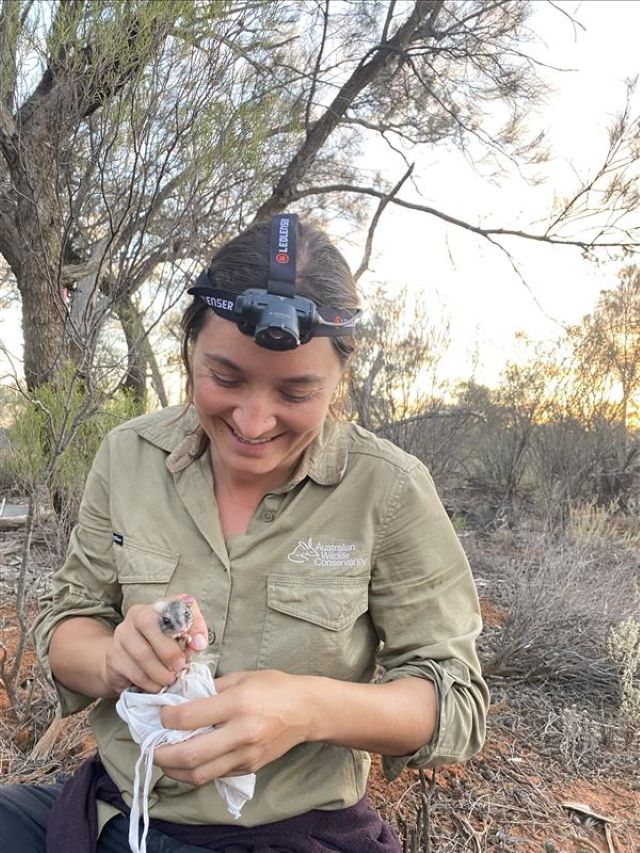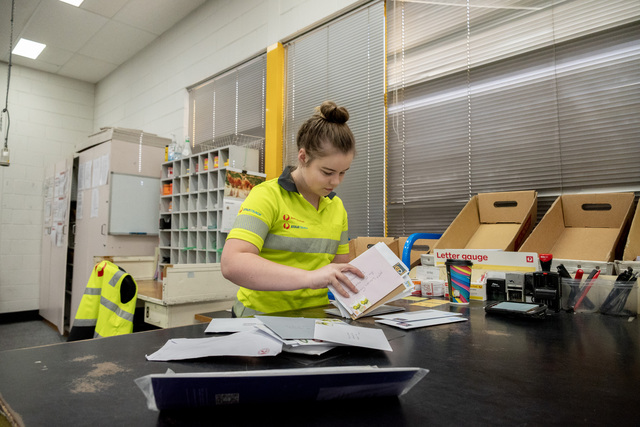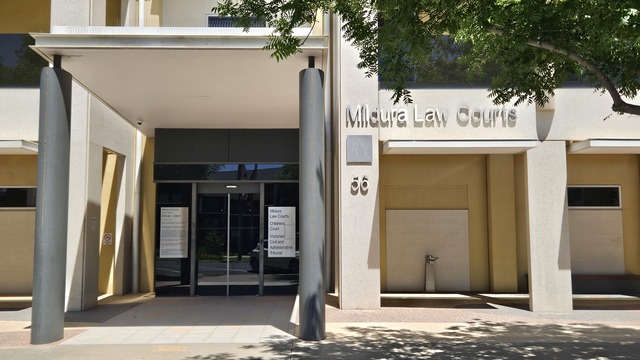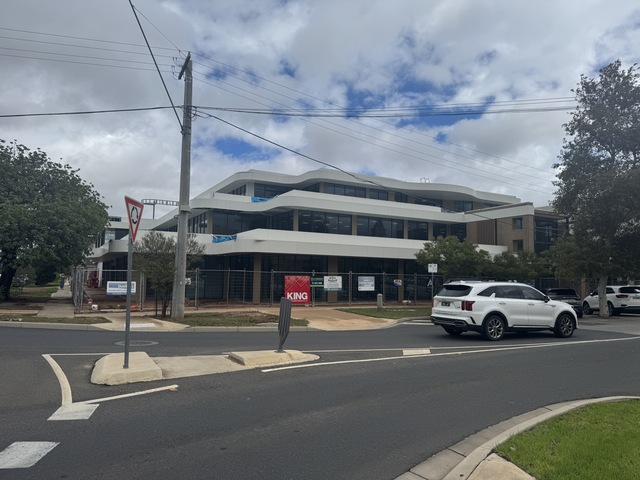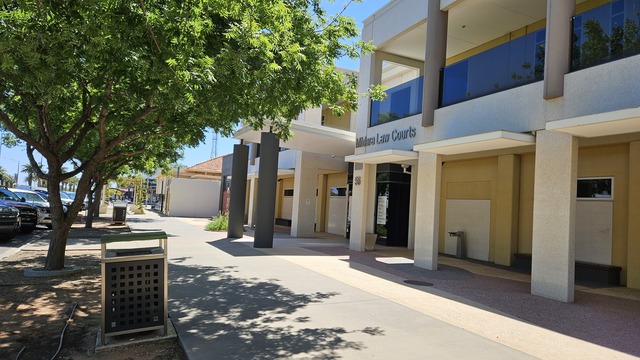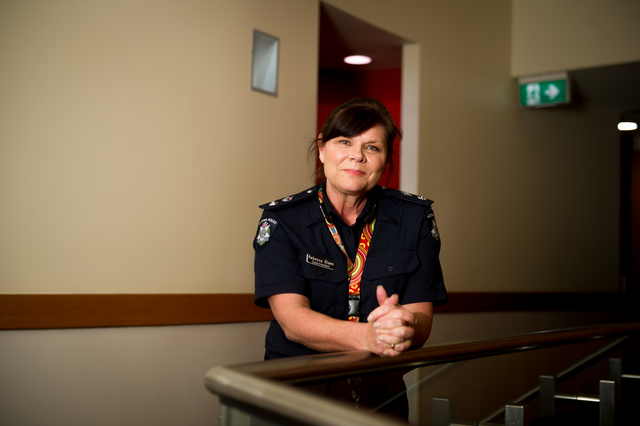SUNRAYSIA Community Health Service (SCHS) will receive $50,000 to develop a 12-month program targeted at alcohol screening and brief intervention.
The funding is part of a $3 million package delivered by Murray Primary Health Network (PHN) to primary health services across the region.
The program will include employing a nurse to work at SCHS two days a week.
Murray PHN executive director of integration Penny Wilkinson said the contracted projects would help provide primary health services where they were most needed, while strengthening the region’s capability in priority health areas.
“This investment is about local models of care designed and delivered by general practice,” Ms Wilkinson said.
“We have been delighted with the response to this grant program, which has generated many thoughtful projects for collaboration now and in the future.”
SCHS clinic programs manager Shelley Faulks said the organisation was thrilled to be a recipient of the funding.
“The program will be centred around screening and briefing for people in the community who consume at-risk levels of alcohol or other substances,” she said.
“Evidence has shown that there’s a lot of medical, social and emotional issues that come with at-risk levels of consumption.
“We’re focusing on working within our general practice and upskilling other GPs and practice nurses in the district to be able to utilise a brief screening tool about people’s alcohol and substance use and then looking at potential brief interventions.”
Ms Faulks said the program would be a “nurse-led model” with an emphasis on sharing knowledge between services.
“Brief intervention is not about complete abstinence and it’s not about asking people not to consume alcohol,” she said.
“It’s about reducing the levels that might put them at risk for their social, emotional or mental health wellbeing.
“The ideal outcome at the end of the 12-month period is that the identified tool will be really usable, it will be embedded in the local practices, and that we’ll see the program rolled out and continued by other practices.”

